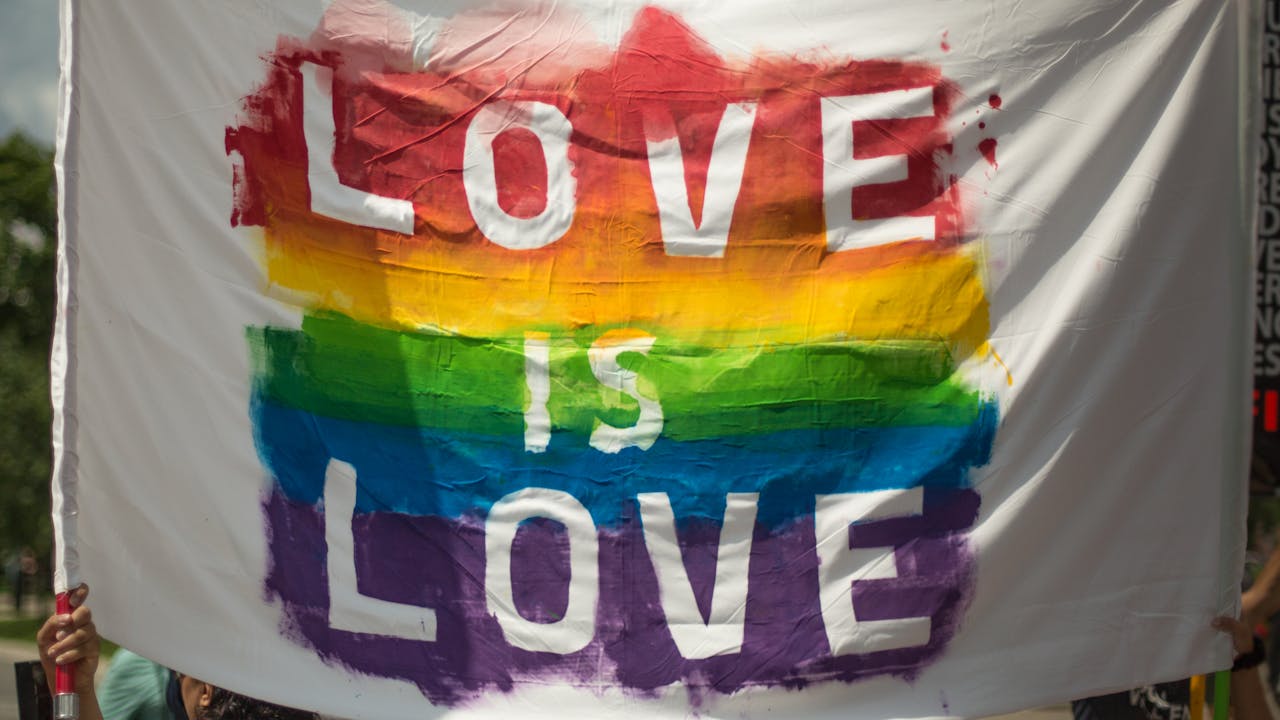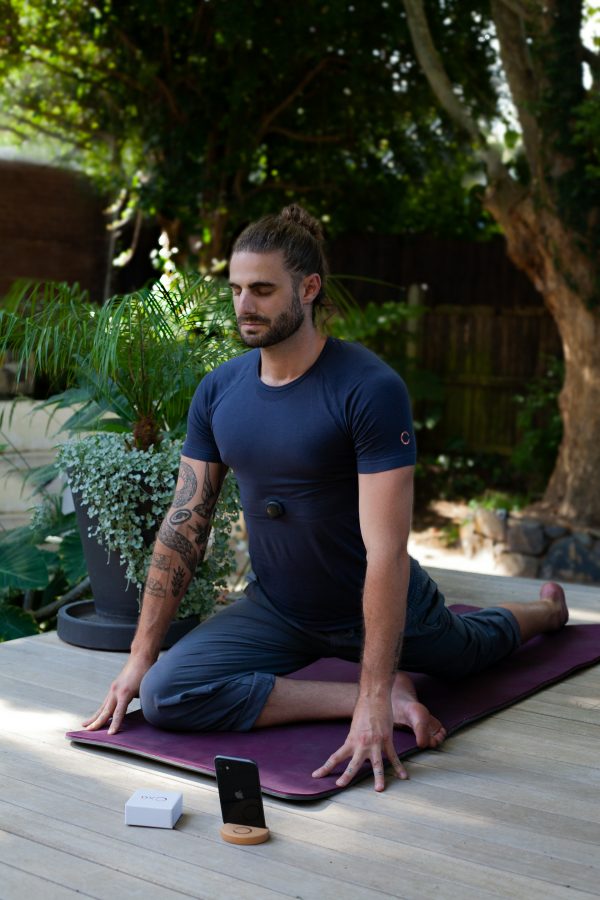Mid-life doesn’t show up with a warning. It just slips in one day—quiet as dust—and suddenly everything feels louder. Your job starts sounding hollow. Old friendships pinch like shoes you’ve outgrown. You stare at your reflection longer, not out of vanity, but because you’re trying to remember who’s in there. For LGBTQ+ folks, that disorientation can run deeper—where identity and survival have been so tightly braided, even peace can feel unfamiliar. And yet, this isn’t the end of the story. This is the middle—the part where clarity sharpens, urgency softens, and what matters most stops waiting for permission. You’re not broken. You’re just ready for the next shape your life wants to take.
Reframing the Midlife Trigger
People don’t usually plan for mid-life to shake them. It’s not some milestone you mark on the calendar. It shows up sideways—maybe in a quiet panic after a meeting, or when you catch your own eyes in the mirror and don’t recognize the story behind them. And then it starts: the loop of questions. Is this it? Did I miss something? Was I ever really steering? What you’re feeling isn’t collapse—it’s a shift. A sign that you’ve lived enough life to realize the questions are louder than the answers. There’s power in connecting dots between past and present, even if they don’t draw a perfect picture. Let it be messy. Let it be real. You’re not losing the plot—you’re rewriting it.
Cultivating Small Joys + Purpose
There’s a strange relief in lowering the bar. Not because you’re giving up, but because chasing “big meaning” all the time wears a body out. Sometimes the best way to get through a day is to let the small stuff matter more than it used to. A song that still hits. A hot drink in silence. A text you didn’t expect. These aren’t placeholders for purpose—they are purpose, if you let them be. Especially when life feels cracked wide open. You don’t have to rebuild overnight. You just have to foster meaning in everyday moments and trust that it counts. It does.
Education as a Stabilizer During Identity Shifts
Sometimes, the chaos of mid-life needs a structure to push against. Enrolling in a formal educational program isn’t just about career mobility—it’s about anchoring identity during a season of flux. A program in bachelor of business management offers more than curriculum. It creates a scaffold where your ideas, your discipline, and your voice can reassemble with clarity. For those reconsidering their direction—especially LGBTQ+ adults who’ve never seen themselves reflected in traditional professional spaces—this can be transformative. The assignments give rhythm. The milestones offer feedback. The completion builds momentum. You’re not “going back”—you’re going forward, with better tools.
Generativity as a Growth Path
When you’re no longer chasing titles or validation, the real question becomes: who am I becoming—and who else can benefit from that becoming? It’s here that work role transitions invite generativity. The shift is subtle but seismic. You stop measuring success by output and start defining it by ripple. Mentoring someone, starting something community-rooted, or even quietly supporting a younger colleague can have impact far beyond what you’ll see. Especially for LGBTQ+ folks who’ve survived systems not built for them, choosing to teach, guide, or shape others can be its own form of healing. You’re not just recovering identity—you’re designing resonance.
Resilience in LGBTQ Midlife
The resilience of queer adults over 40 is one of the most undercelebrated social resources we have. Through decades of cultural erasure, policy violence, and healthcare neglect, this generation still shows up. That survival, though, comes at a cost—burnout, isolation, invisibility. But signs of resilience despite structural challenges point to something deeper: adaptive capacity formed under pressure. If you’re feeling unmoored, it’s not a personal failing. It may be the natural result of carrying too much for too long without acknowledgement. This chapter can be a space to claim visibility for yourself—not just as a function of advocacy, but as a birthright.
Midlife Growth & Self-Transcendence
It’s easy to see mid-life as a time to slow down or settle. But new research suggests the opposite: this period can hold tremendous capacity for growth, meaning, and realignment. What emerges for many is not a reinvention, but a re-rooting—a turning inward to discover what feels whole, and what still aches. There’s a kind of quiet revolution in acknowledging that possible positive change and self‑acceptance don’t require external permission. For LGBTQ+ folks who spent decades code-switching or shrinking, this realization is massive. It opens up a new kind of agency—one where you don’t have to perform possibility for others. You just get to live it.
From Identity to Resilience
At mid-life, identity stops being a flag you wave and becomes a mirror you clean. For queer individuals, especially those who spent years just surviving, this moment can be both terrifying and freeing. Identity becomes fluid—not as a threat, but as a deeper truth. And the research backs it: identity dynamics define resilience journeys, especially when those identities have historically been marginalized or politicized. Let this be the season you listen more closely to yourself. Not just who you were or who they wanted you to be—but who you’re becoming, when no one else is watching. That’s where the future starts.
There’s no clean roadmap for mid-life—especially not for LGBTQ+ folks who’ve spent decades navigating institutions that weren’t designed with them in mind. But that doesn’t mean it has to be a crisis. It can be a reckoning. A realignment. A soft re-entry into yourself. Whether you find structure in education, relief in service, or joy in the smallest moment of rest, the key is to let go of “fixing” and lean into witnessing. This is your life, not your resume. Let the questions come. Let the path meander. Just make sure it’s yours.






